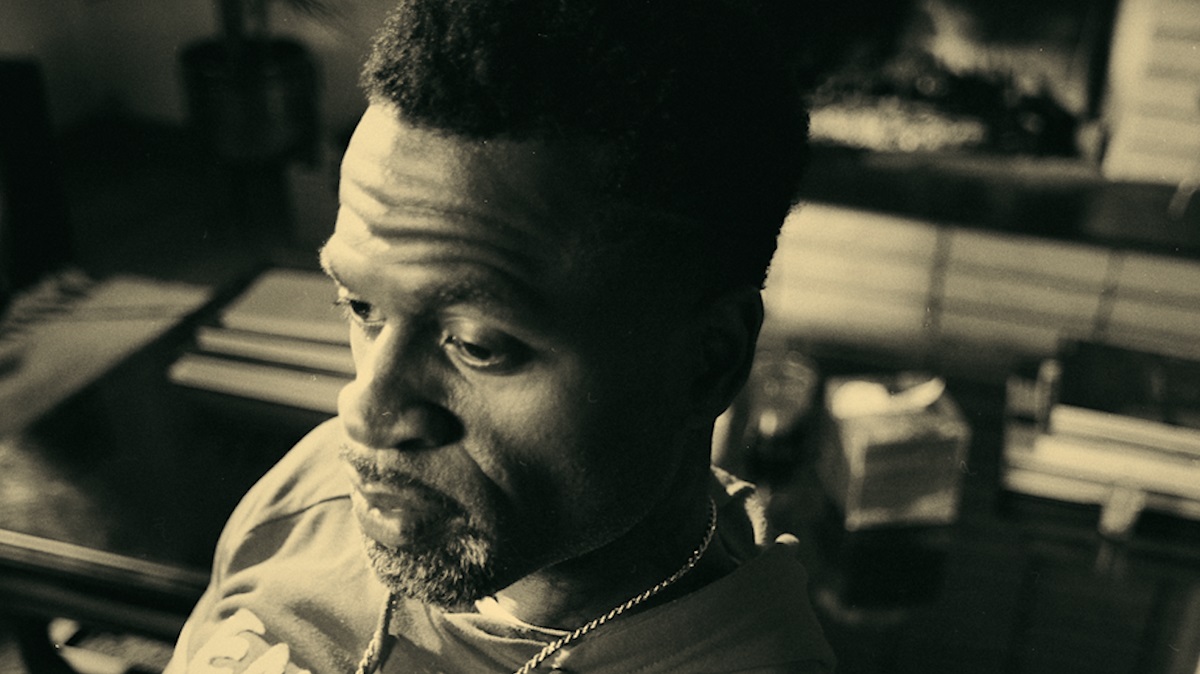As a big fan of ESPN’s influential “30 for 30” docuseries and Vice’s excellent “Dark Side of the Ring,” I’m the exact audience for Netflix’s “Untold,” a new five-part sports docuseries from the creators of “Wild Wild Country,” Chapman Way and Maclain Way. However, for every “Dark Side” and “30 for 30,” there are dozens of hours of truly mediocre sports documentaries, films that lean into hero worship or mere recounting of events that most fans already watched on television. With that in mind, I brought varying degrees of knowledge of all five of these stories to “Untold,” and was impressed with every single one of them (all of which run about 75-90 minutes), which all range from good to great. Of course, there are slight variations in quality, and some of them pull back from issues that I wish they would have investigated further, but all five are worth a look, especially in light of the recent conversations being had around the world around mental well-being and athletics. The timing really couldn’t be better for an engaging, conversation-enhancing series that further reveals that what we think we know about sports is only part of the story.

The series starts on August 10th with Floyd Russ’ “Malice at the Palace,” a detailed and emotional recounting of what happened in Auburn Hills on November 19, 2004 when an on-court fight erupted into the stands, becoming one of the most unexpected sports stories of the decade, derailing a potential championship run by the Indiana Pacers. “Untold” shapes the story from the personal accounts of Ron Artest, Stephen Jackson, and Jermaine O’Neal, three men who would eventually be handed the longest suspensions in NBA history. The media world labeled these three as thugs, but recent events at NBA games have kind of reshaped this narrative as we have seen fans increasingly cross the line in arenas. Was The Palace where that line was broken? I wish the piece made some more of those connections and dug more into the racial coding of how the players were framed, but it is an undeniably riveting piece of filmmaking when it comes to interviews. Artest, Jackson, and O’Neal are fascinating, telling their stories for what really feels like the first and last time.

There’s a similarly revealing aspect to what’s probably the best of the five, “Breaking Point,” directed by the Ways themselves. Perhaps it’s because of the tie to current mental health issues or my own struggles with them in the past, but I found this chapter incredibly moving, detailing the rise and eventual collapse of tennis superstar Mardy Fish. After training as a youth with Andy Roddick, Fish watched as his buddy became one of the most famous tennis players in the world, always feeling kind of secondary to his ascendance. However, Fish kept training and kept pushing, eventually reaching that same tier, only to have his anxiety and panic attacks completely derail him. Fish is incredibly honest and emotional in this chapter, speaking openly about the daily battle with anxiety that he fights (and wins) every day.

The film that will probably get the most attention is titled simply after its subject: “Caitlyn Jenner.” Premiering on August 24th, and directed by Crystal Moselle (“The Wolfpack”), it’s a surprising entry in that it’s not what you might expect from the paparazzi favorite. Going into it, I assumed it would focus on Caitlyn’s transitioning and her celebrity status that has even led to political aspirations, but it’s equally tied to the athletic history of someone Caitlyn created to hide the gender issues she couldn’t process, an athlete named Bruce. She speaks about Bruce as a proud creation, someone she crafted as a public figure and then couldn’t put away, even as she was ready to live her truth. I wish Moselle dug even deeper into the idea that Bruce was a success because Caitlyn was pushing herself physically almost as a form of denial, but it’s still an accomplished film that may not be what you expect.

The most harrowing chapter of “Untold” comes next week in the form of “Deal with the Devil,” directed by Laura Brownson. Christy Martin was once one of the most famous boxers in the world, skyrocketed to fame after winning an undercard match before a bout with Mike Tyson in 1996. (Tyson himself appears in the documentary, and clearly remains a fan of Martin’s skills in the ring.) Outside of the ring, Martin was living a nightmare, romantically partnered to her trainer, Jim Martin, who was two decades older than her and incredibly controlling. Unable to live her life, things got so bad for Christy that Jim would eventually try and kill her—he is now in jail for the attempted murder. Like all of the subjects in “Untold,” Martin is open and honest about her struggles, making this into a story of personal triumph more than a salacious true crime piece.

Finally, there’s the most purely entertaining film in “Untold,” the larger-than-life story of A.J. Galante in “Crimes and Penalties,” also directed by the Ways, premiering August 31st. Galante was the son of Jimmy Galante, a notorious New Jersey mobster who was one of the reported inspirations for Tony Soprano. After his own hockey career was derailed by injury, A.J. came home one day to find out that his dad had bought him a minor league hockey team and was going to let the 17-year-old run it. Filled with memorable personalities, this story of mobsters in the locker room and enforcers on the ice is thoroughly entertaining. It lacks some of the emotional thrust of the other chapters, but maintains the overall integrity and artistry of the series, one I really hope returns with five more films next year. They’ve set a high bar.
Whole series screened for review.












